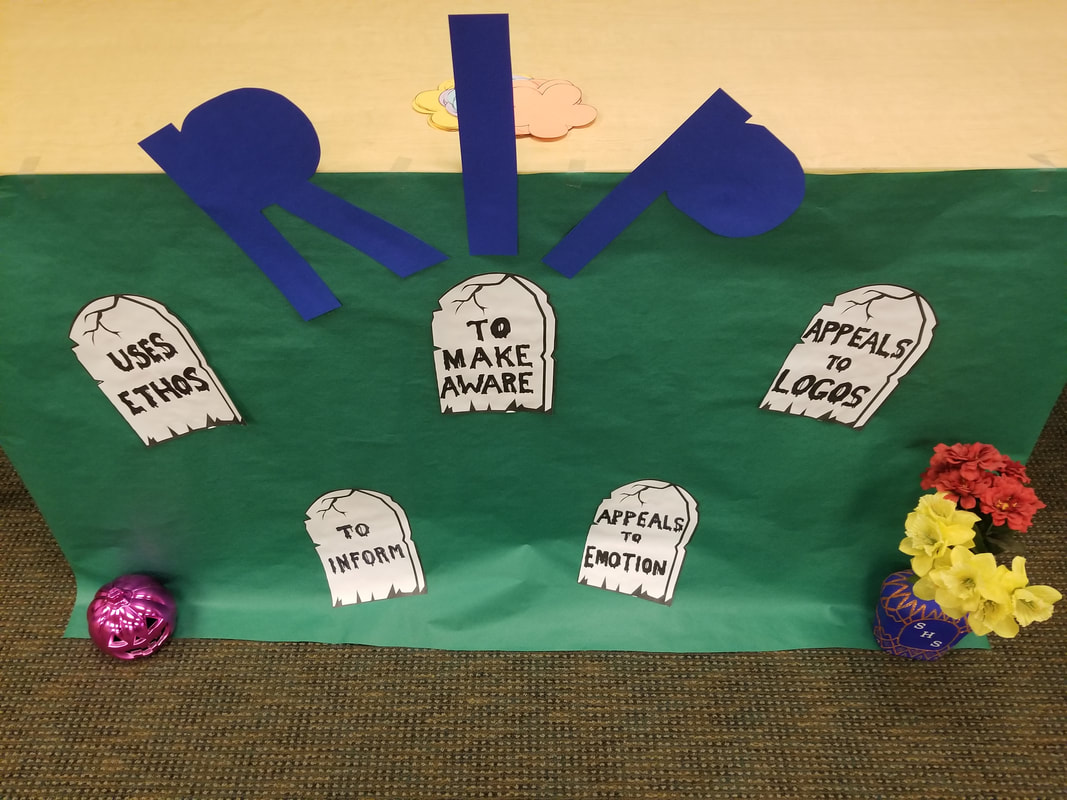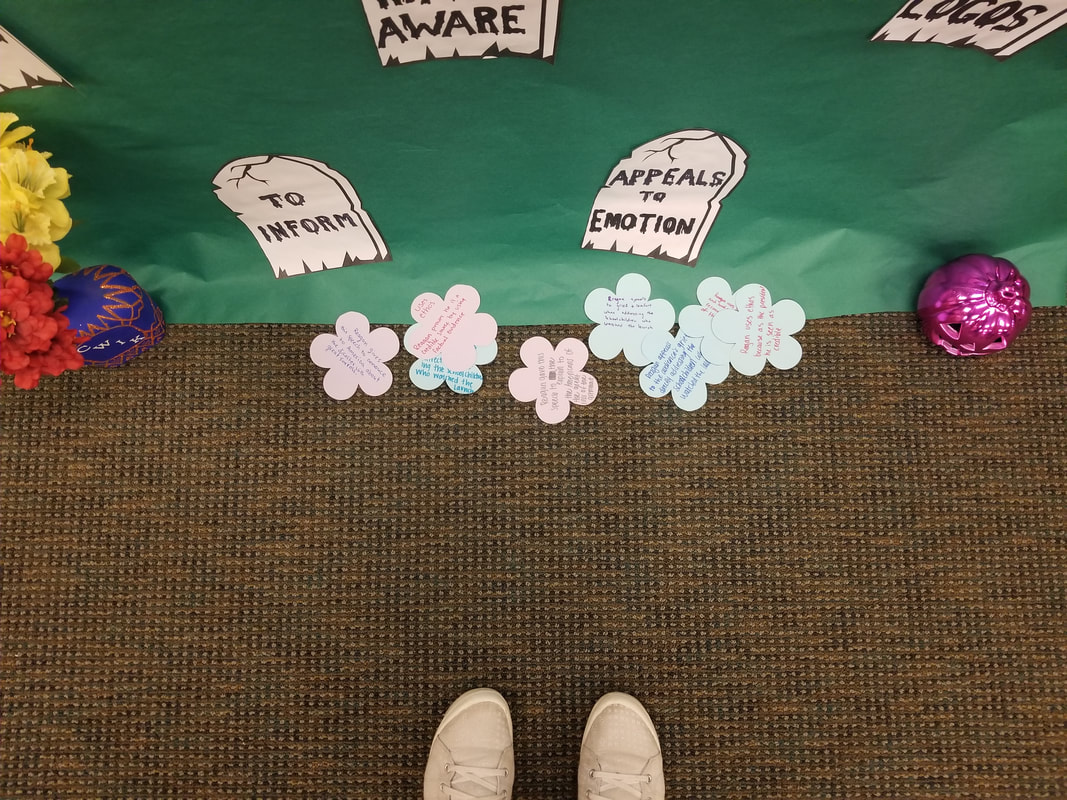|
Teaching in 2020 is coming home after virtual parent teacher conferences to find nothing but cheese and a hunk of leftover roast in the fridge. (And then just grabbing a beer instead... Just me?)
Teaching in 2020 is getting to school only to realize it's "already" parent teacher conferences... even after you spent days scheduling them last week. Teaching in 2020 is that moment when you think you are SO far ahead... only to realize you only have the next week figured out. After that, you're S.O.L. Teaching in 2020 is staring at the wall in your office for a solid 10 minutes - trying to figure out where to even start. Teaching in 2020 is hoping that the frozen meal you left in the freezer last spring is still ok because you DEFINITELY forgot to bring lunch. Teaching in 2020 is screaming to your colleague across the hall instead of getting up from the couch in your classroom. Teaching in 2020 is not actually knowing what your students look like. (Seriously. I didn't even realize one of my guys had a beard until virtual conferences). Teaching in 2020 is hard. This year, my school has a new head principal and one of the first things he told us is this year is about patience and grace. Granting grace to others, but also, to ourselves. It is hard on a group of perfectionists to constantly be treading in unknown waters, but we have to give ourselves a break. Pour a tall something and keep trying your best!
1 Comment
Happy Friday! I thought I would post a mini lesson that we did this week - in response to our Unit 1 exam. Now that we have (somewhat) found our footing, we are starting to implement minilessons in response to assessments. As the year goes on, I hope to share these little activities here. Anyways... the Unit 1 exam [included in my A Year of AP Lang (Updated)] focused on reading critically for the rhetorical situation, argument structure (thesis and claims), rhetorical choices, and stylistic choices. After the exam and usually after class essays, we like to do collective feedback - or an overview of common mistakes made on the test. On the exam, we saw students struggling to articulate a specific purpose and properly write about rhetorical appeals. I'll explain... Specific Purpose: In class, we talked about active purpose verbs vs passive purpose verbs. Essentially, phrases like "to inform" or "to convey" don't offer enough information on the relationship between speaker and audience, so they are passive, meaning that there is seemingly no interaction between the two. We pushed kids to think about purpose as active, or something that requires action from both parties. Like, "to evoke" where some sort of response is desired. That said...these passive purpose verbs still showed up on the test. Writing about Rhetorical Appeals: The next common issue was that student struggled with how to write about rhetorical appeals. It's probably just me, but I get so frustrated with all the ways students try to explain ethos, pathos, logos. I think I have seen every possible combination. They'll say the speaker "appeals to emotion," to which I ask: WHICH EMOTION? They'll say the speaker "appeals to pathos," to which I ask: HOW CAN YOU APPEAL TO AN APPEAL?? They'll say the speaker "uses pathos," to which I say: "Ok... ok... Almost. But pathos is created, not a tool in the toolbox." I don't know when it started, but these misarticulations have become a HUGE pet peeve of mine - to the point where I throw a little fit in front of the kids every time I see it. Needless to say, they also appeared on the test. Recognizing these issues with finding the right words, we decided to start by outlawing some phrases - or to put them to "rest." I had this mini graveyard up in the room when kids came in. After reading time, I walked through the collective feedback for the test before transitioning with... "And now we are going to put those silly phrases to rest." I posted five sentences that poorly express purpose or use of a rhetorical appeal, using the passage from their exam.
I went through each - asking kids to tell my why it was wrong or "sounded funny." When they couldn't figure it out, I asked guiding questions until they picked up on the issue. Then, I directed them to the little paper flowers I had handed out during reading time. I asked them to choose one of the five misarticulated sentences and rewrite it to make sense. After they had all written, I asked for volunteers to share. As a group, we made changes as needed or I explained how the changes made were correct. I then asked them what we do with flowers at a funeral. That's when they figured it out - started to smirk, shake their head, or roll their eyes. (In all honesty, every class needs a little cheese every now and then to make things stick!). I put on a recording of "Taps" and they brought their flowers to the grave and laid them before the now deceased phrases while I lamented: "They were good phrases. They're just tired. It was their time." And then we all sanitized our hands.... because COVID. Next week - after the other half of my class does the same - I am going to post the graveyard on my wall with the best corrections attached. Throughout the year, I will add phrases as other issues arise. I took only about 10 minutes (a fraction of how much time I spent hand drawing those stupid gravestones...), and in that 10 minutes, the visual sticks. Banning these phrases forces them to think carefully about what an appeal is doing and what it accomplishes. It also forces them to dig deeper into purpose - beyond passive, generic outcomes. Here are my documents. In hindsight, I should have just typed the phrases on the gravestones in a spooky font and printed, but... then I wouldn't be my ridiculous self. As always, I hope the year is going well. I know you are up against so many unknowns. Keep tackling one day at a time. That's what we do best. :) sincerely, cwik |
Archives
February 2024
AuthorSteph Cwikla has been a teacher since 2012, focusing on ELA curriculum. Now, she also works as an instructional coach, helping other teachers improve engagement and instruction. |


 RSS Feed
RSS Feed